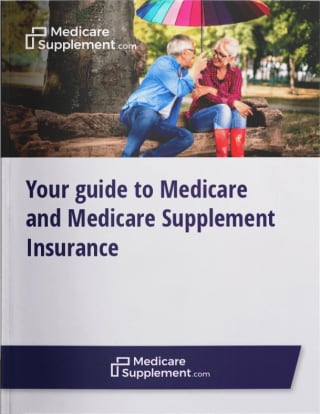If a provider does not accept Medicare, they can charge you an additional 15% more than the Medicare allowable amount. Medicare Part B excess charges aren’t common, but they can be distressing when they arise. These charges are often unexpected and can potentially cause financial hardship when you can least afford it.
Thankfully, Part B excess charges need not trouble you. Understanding what these charges are and how to avoid them can help you reduce your risk of a confusing Medicare bill. In this article, we outline how to avoid Part B excess charges, and we detail the Medicare Supplement plans (also called Medigap) that can pay for Medicare excess charges.
What are Medicare Part B Excess Charges: The Basics
Most doctors and health care providers have a contract with Medicare to accept assignment. This means they accept the Medicare-approved amount as full payment for services that Medicare beneficiaries receive.
These providers send their invoices directly to Medicare rather than you handling the charge. Medicare then typically pays 80% of the cost of Part B services (e.g., doctor’s office visits, X-rays, crutches or a wheelchair) and you’ll receive a bill for the remaining 20%. This 20% is your Medicare Part B coinsurance.
Doctors who don’t accept assignment may charge a Medicare Part B excess charge, which could be up to 15% more than the amount Medicare approved for the cost of that specific service or piece of medical equipment.
People with Original Medicare (Medicare Part A and Part B) or a Medicare Advantage plan (Part C) may face Medicare Part B excess charges. If this happens, you may need to pay for the entire medical bill upfront. You can then file a claim with Medicare for reimbursement. Medicare will cover 80% of the Medicare-approved amount, and you’ll be responsible for the remaining 20% along with the Part B excess charges.
It’s important to note how much Medicare Part B's annual Part B deductible excess charges do not count towards your Medicare Part B deductible, which is $283 in 2026.



